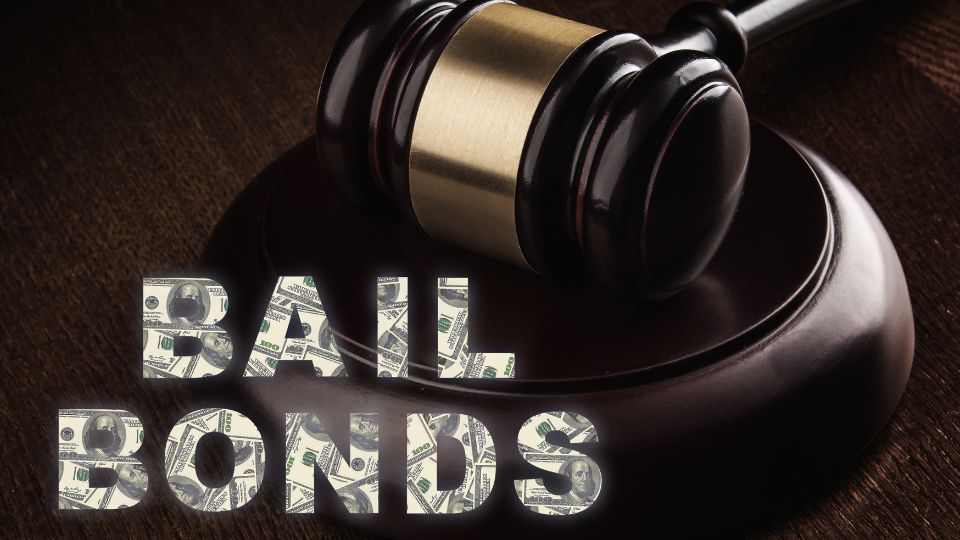When awaiting trial, you might be forced to spend time in jail beforehand. However, using bail or bond you can get out while you await the trial — spending time with family or on other things.
However, the “bail vs bond” debate can be confusing. While similar, they have important differences.
More Information: Contact a DWI lawyer in Minneapolis
Here’s what you need to know about these two important legal options for getting out of jail:
Bail vs Bond: What Are They?
Before asking “what is bail vs bond” we need to know what these concepts are in the first place:
Bail
Bail is the amount you have to pay for your release from jail. The judge for your case will set the bail, using a variety of factors.
If the bail amount is too much for you, a bail agent can post it for you. The agent posts a bail bond which ensures that your bail will be paid.
For this service, the bail bondsman typically charges you around 10% of your total bail, and they are on the hook for the total bail amount if you don’t show up to court.
The main distinction in being released on bond vs bail is that bail is always cash on your part. If you don’t have the cash, a bond is used. At the end of the case, the cash bail may be returned to you. If you hire a Bailbondsman, the 10% you pay him is his fee for posting your bail, and that amount is not returned to you.
Bond
If you are out on bond vs bail, then you have essentially made a promise to pay the bail at another time or put up collateral.
There are four types of bonds:
- Surety Bond – This is what’s known as simply a “bond.” Another party, like a bail agent, posts your bail for you and assumes responsibility.
- Property Bond – You put up your property in the hands of the state. They technically own the title to your home, car, or other asset until you attend the court date. If you don’t show, the property becomes the State’s.
- Cash Bond – Bail and cash bonds are all treated the same in the court’s eyes. You are free to go until your court date. But specifying “cash bond” means that typically a family member or someone else put up the bail for you.
- Personal Bond – Sometimes, the court will accept a custom bond that obliges you to show up based on signing a document. There will be certain release conditions specified by the judge in that case, as well as behavioral demands.
Bail Versus Bond: The Process
One of the most crucial aspects of defining the bail vs bond difference is the process itself.
What’s the Bail Posting Process?
The court will set a bail amount. A bail agent can be used to post it for you. If you show up to all your court dates, the bail bondsman receives their money back and your case is resolved.
If you fail to show up, the court keeps the bail bond and a warrant for your arrest is issued. This is the worst case scenario, and should be avoided at all costs.
If this happens to you, get in contact with a Minneapolis criminal defense lawyer as soon as possible who can help you with your case.
What is Bond vs Bail Protocol?
For bond, you’ll need to put up some kind of collateral or agreement to pay or show in the future. In other words, a bond is a promise by you to do as the court requests.
Bail is more straightforward. You simply pay upfront to be released from jail. However, not everyone has this kind of money available.
If you or a loved one has broken an agreement of bond, you should get legal assistance immediately. It can make the difference between enjoying life outside of jail, or behind bars.



